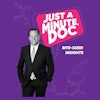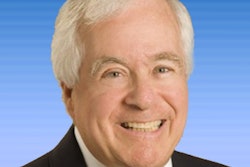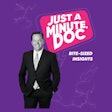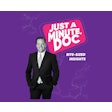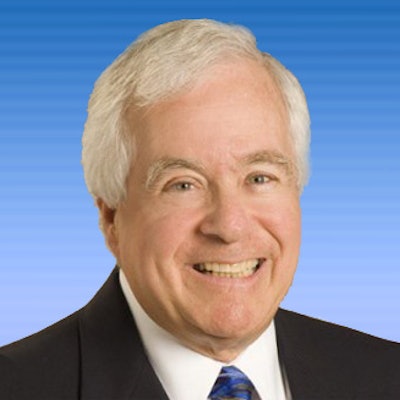
The first half of 2020 has been a blur of devastating occurrences due to the pandemic. Fortunately, many dentists and their advisers have been coming up with solutions to help them recover during the second part of the year.
To deal with a loss in patients, which means a loss in revenues, and additional expenses related to infection control methods, dentists and their advisers are planning for the future by developing plans that are based on past adjustments to revenues and earnings.
The time is now
Each generation of dentists has different perspectives based on life and professional experiences. Younger dentists may feel that they have age on their side. They may believe that they don't have to move as quickly as their older colleagues to develop plans for the future.
 Bruce Bryen, CPA, CVA.
Bruce Bryen, CPA, CVA.Age doesn't matter. Now is the time for everyone to start working on methods of fixing finances. The future comes quickly when there are bills to pay and no money to pay them. Figuring out how to manage finances at your practice is paramount. Dental certified public accountants (CPAs) and advisers can help. Without them, you may lose your future.
In the short term, it's important to take advantage of government loans and grants. Many have done this, which has allowed them to get through the current scourge of monetary issues and even allowed time to talk about more long-term goals. After the government allowances, advisers were suggesting that their clientele speak to their own banks for restructuring of current loans. Some of the advice included suggestions for loan forgiveness or the possibility of new loans with longer terms so that the payments could be lowered. The idea of reducing overhead as much as possible but not appearing to be out of business is always something to consider.
Another important item to discuss with advisers is the qualified employer-sponsored retirement plan. For those who think it is foolish to do so, you may be mired in the present depressive state of the economy and your own dental practice problems. However, not considering this is the foolish move. Dentists who already have plans should think about enhancing the parameters of the deductible contribution levels. Employers who have not adopted a plan for their practice should think of doing so now.
Attributes of qualified employer-sponsored retirement plans
Most dentists know at least a little bit about the two types of retirement plans: the defined contribution plan and the defined benefit plan. Profit-sharing, 401(k), cash balance, and defined benefit plans fit one of those two categories. A lot of dentists disregard the advice of advisers for the adoption of one of these plans for numerous reasons, including the cost of employee allocations. However, dentists should really think more seriously about the long-term benefits of the type of plan that their adviser recommends. Implementing a plan that is recommended by an adviser should take priority over almost anything else during these devastating, unprecedented times. The long-term accumulation of assets in the retirement plan will assure the dentist's future.
Another vital component to the establishment of the qualified employer-sponsored retirement plan is that its assets are protected from creditors. Let's suppose a dentist had considerable assets in his or her own name. Because the dental practice is most likely out of money, he or she could contribute the money to the dental practice to have the funds available for the retirement contribution. The defined benefit plan and the cash balance plans require dental practices to contribute to the retirement plans. For the purpose of creating the retirement plan to secure the dentist's retirement, the transfer of funds needed for the required qualified employer-sponsored retirement plan also creates an absolute immunity for those funds from creditors. This includes any promissory note that the dentist has personally guaranteed on behalf of the dental practice.
There is much more to know about a retirement plan in terms of its deductible contributions from the dental practice, its employee responsibilities, and what it will provide at retirement age to the dentist and his or her key people.
Prioritize your future
All of these factors are important, but they don't mean anything if you aren't getting guidance from a qualified dental adviser. Put the pandemic behind you and focus on securing your financial future.
Bruce Bryen, CPA, CVA, is a certified public accountant and a certified valuation analyst with more than 45 years of experience. Learn more about him and his services.
The comments and observations expressed herein do not necessarily reflect the opinions of DrBicuspid.com, nor should they be construed as an endorsement or admonishment of any particular idea, vendor, or organization.



